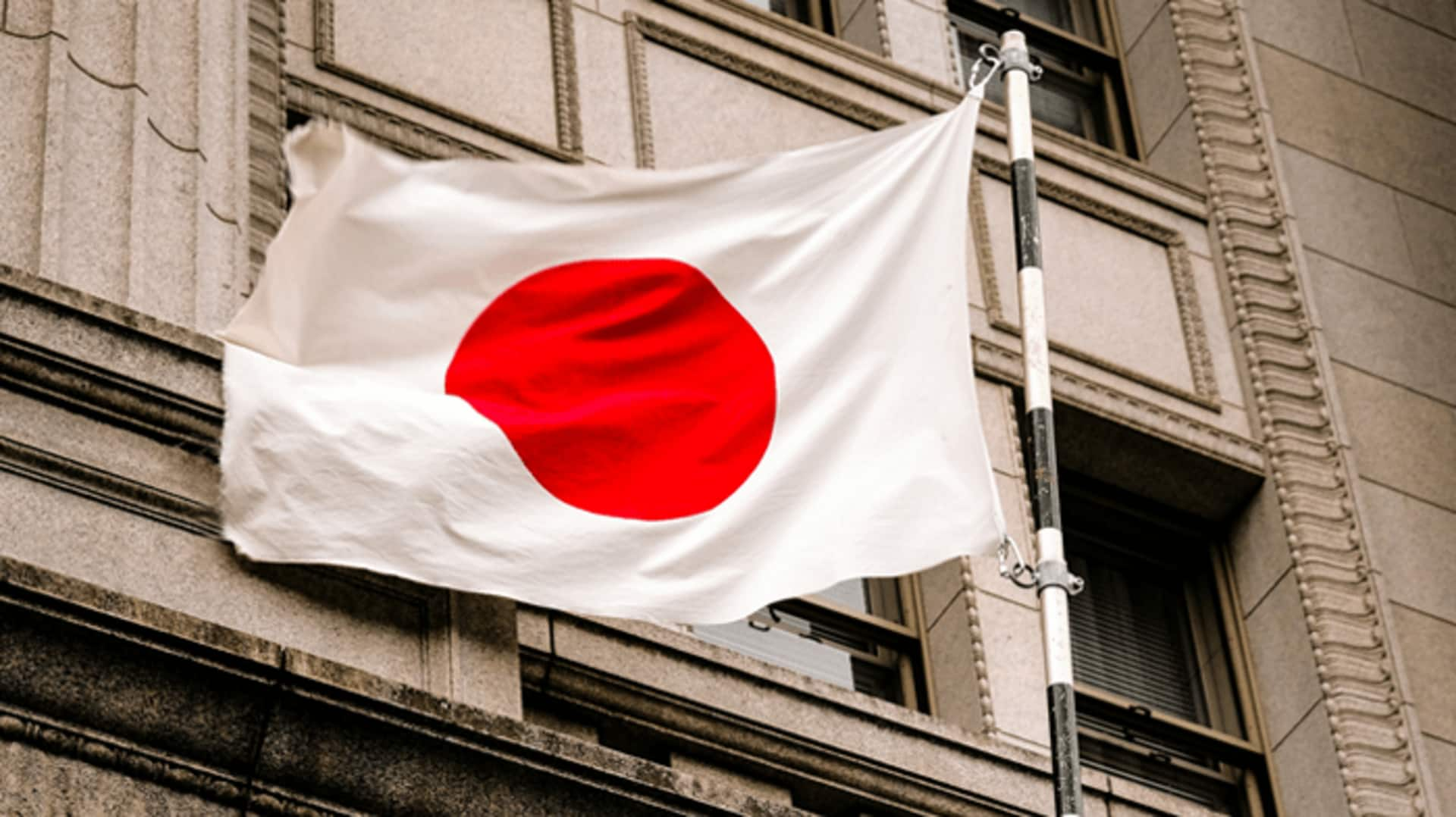
End-of-an-era: Japan loses 'world's largest creditor' title after 34 years
What's the story
Japan has lost its position as the world's largest creditor nation for the first time in 34 years. The change comes despite a record amount of overseas assets posted by the country. According to data released by Japan's Ministry of Finance, net external assets reached ¥533.05 trillion ($3.7 trillion) at the end of 2024, an increase of about 13% from the previous year.
Asset comparison
Germany surpasses Japan in net external assets
Despite Japan's record high, it was overtaken by Germany in terms of net external assets. Germany's total stood at ¥569.7 trillion, with China coming in third at ¥516.3 trillion. The shift is largely attributed to Germany's strong trade performance and a current account surplus of €248.7 billion in 2024, which contributed significantly to its rise as the world's top creditor nation.
Minister's response
Japan's FM downplays ranking change
Japan's Finance Minister Katsunobu Kato has downplayed the change in ranking, saying it doesn't indicate a major shift in Japan's position. He said, "Given that Japan's net external assets have also been steadily increasing, the ranking alone should not be taken as a sign that Japan's position has changed significantly."
Investment trends
Weaker yen is responsible
A weaker Yen has led to an increase in both foreign assets and liabilities for Japan. However, the growth in assets has been faster, mainly due to increased business investment overseas. The data also shows that Japanese firms were aggressive investors in 2024, especially in the US and UK. Sectors like finance, insurance, and retail attracted significant capital from Japanese investors last year.
Outlook
Future of Japan's overseas investments
The future of Japan's overseas investments will possibly depend on whether its companies continue to increase their spending abroad, especially in the US. With US President Donald Trump's tariff measures still in place, some firms may be tempted to shift production or assets to the US as a way of mitigating trade-related risks. This could have a major impact on Japan's position as a creditor nation going forward.